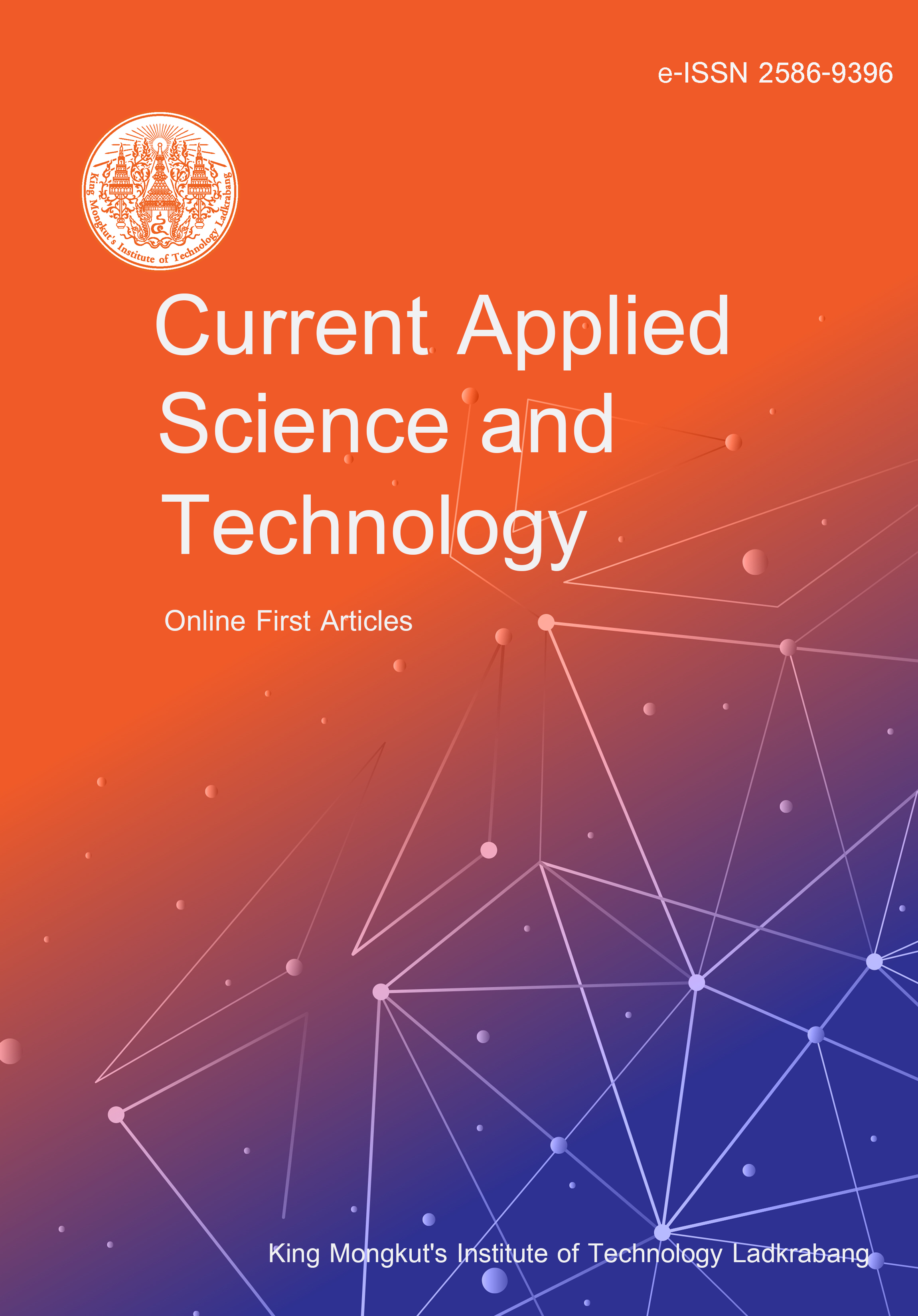Pre-soaking seeds prior to radiation exposure is a common technique used in agricultural and biological research to study its effects on seed germination, growth, and overall plant development. This study investigated the impact of varying seed soaking time and radiation exposure on three varieties of Chinese spinach (Type A: red leaf, Type B: long green leaf, and Type C: round green leaf). Seeds were soaked for 0, 12, 24, and 36 h before exposure to 0 and 50 Gy of gamma radiation. Germination percentages were monitored for 72 h, and seedling growth parameters, including height, leaf length, leaf width, and number of leaves, were measured over 28 days. Correlation matrices were generated to analyze the relationships between soaking time, radiation dose, and growth parameters. The results indicated that soaking time and radiation exposure interacted in complex ways to influence plant growth. Type A seeds exhibited increased germination and leaf expansion with longer soaking time under radiation, while Types B and C showed reduced growth in height, leaf length, and width. The findings highlight species-specific responses to radiation and soaking treatments, providing insights into optimizing seed treatment protocols for crop improvement in stress-prone environments. These results contribute to understanding plant resilience mechanisms, offering valuable insights for plant breeders aiming to optimize seed treatment protocols for effective mutation breeding.
Sarapirom, S. ., Saibunpang, T. ., Luejai, R. ., & Prakrajang, K. . (2025). Effect of Soaking Time and Gamma Radiation on Seed Germination and Seedling Growth of Three Varieties of Chinese Spinach. Current Applied Science and Technology, e0263976. https://doi.org/10.55003/cast.2025.263976


https://cast.kmitl.ac.th/doi/10.55003/cast.2025.263976